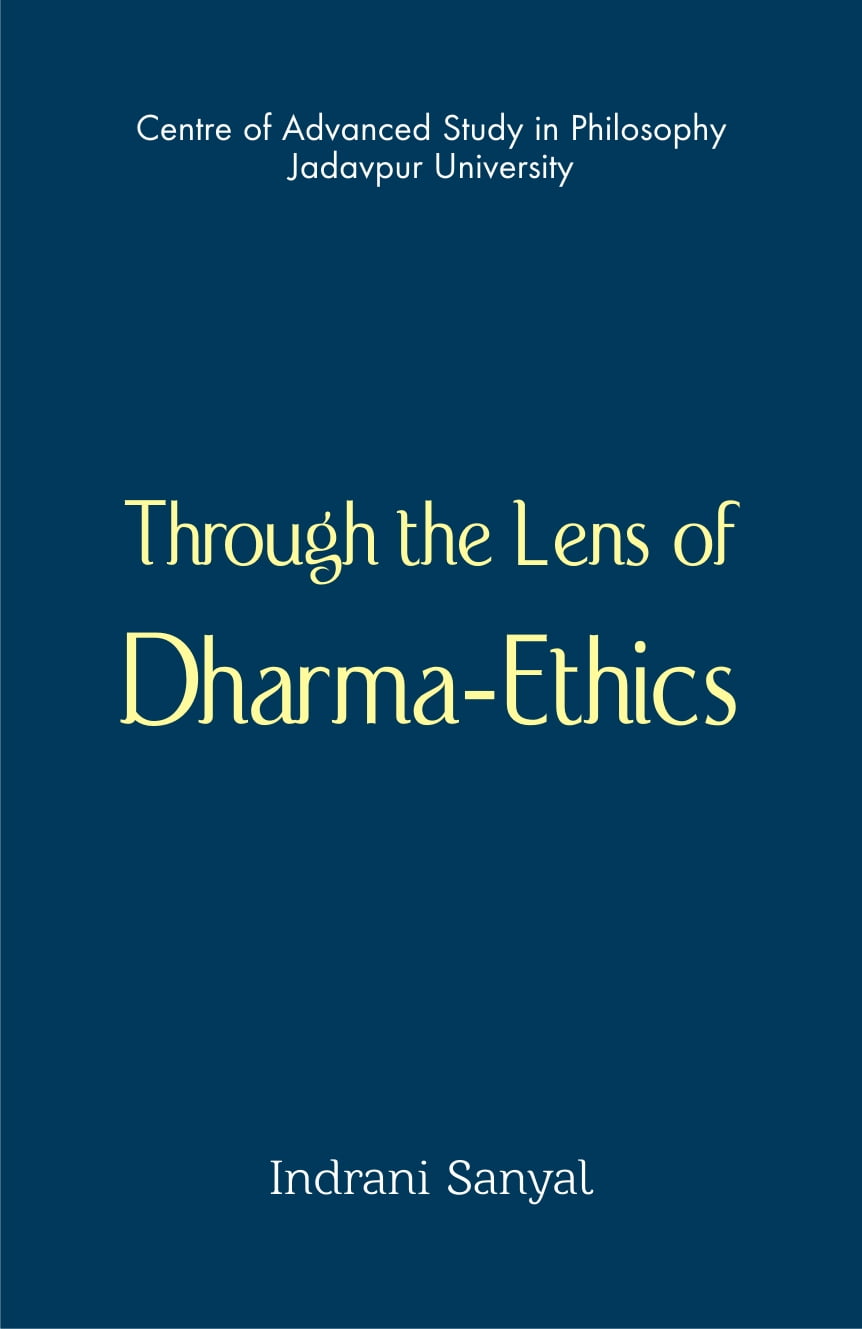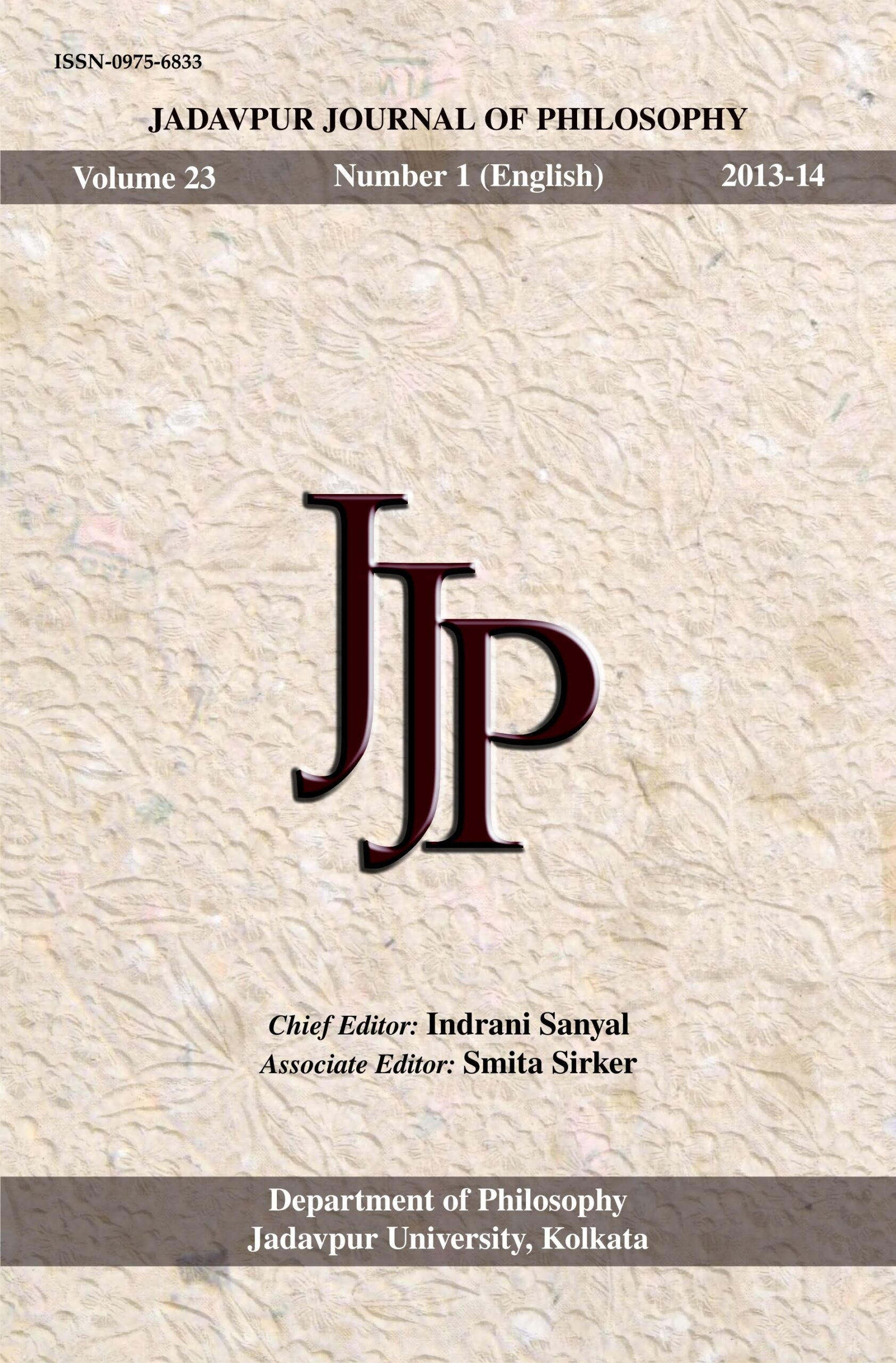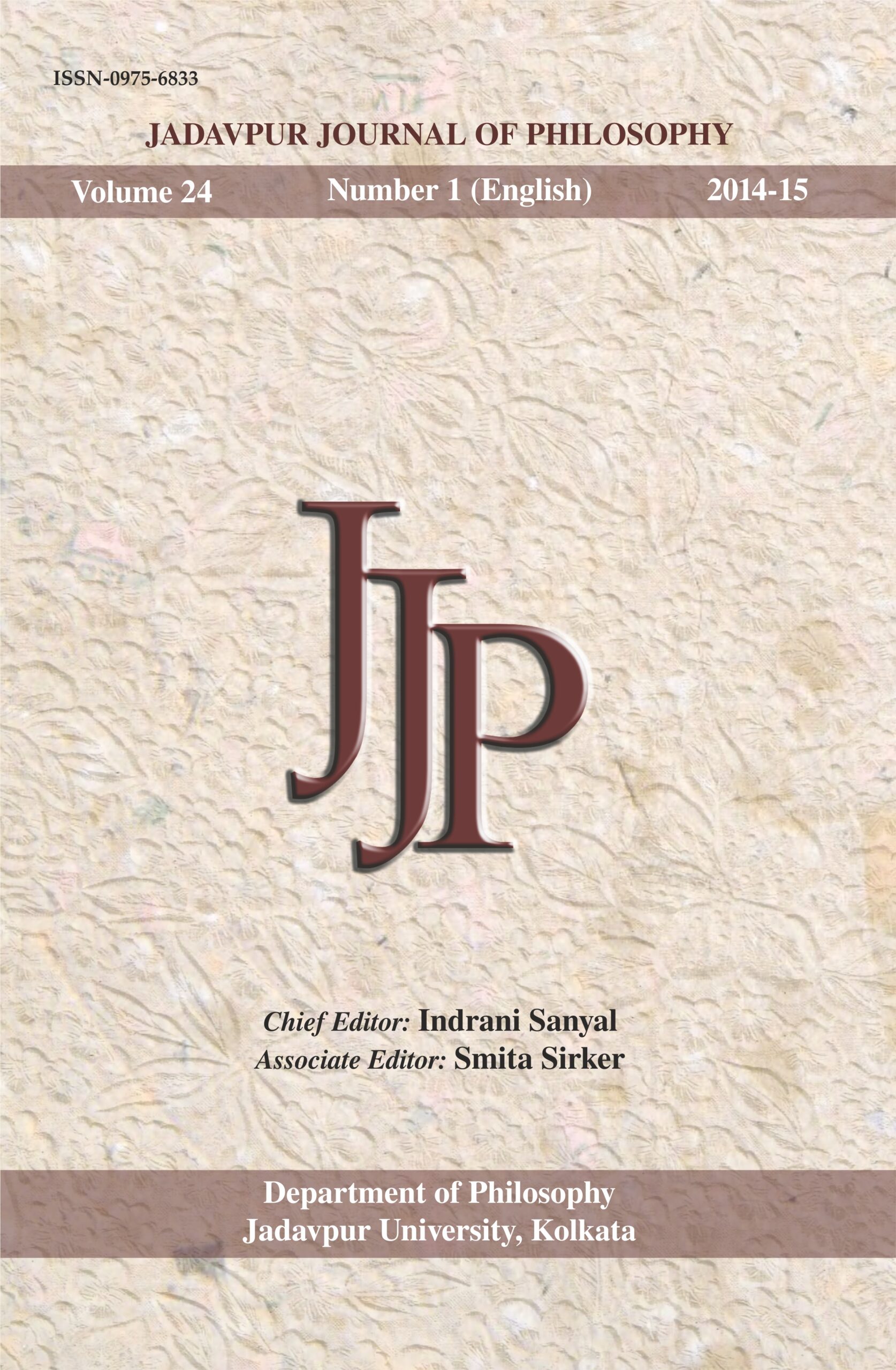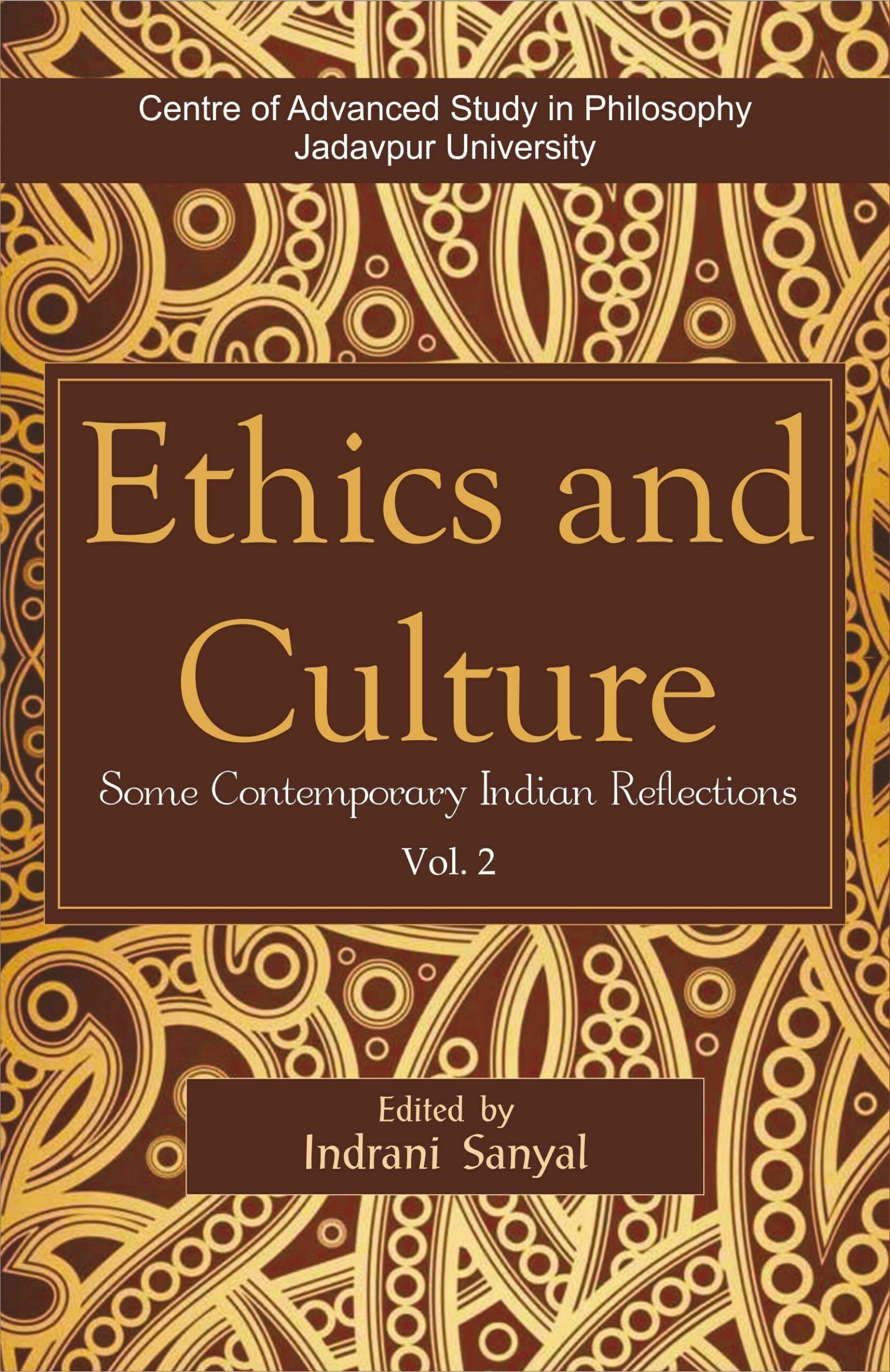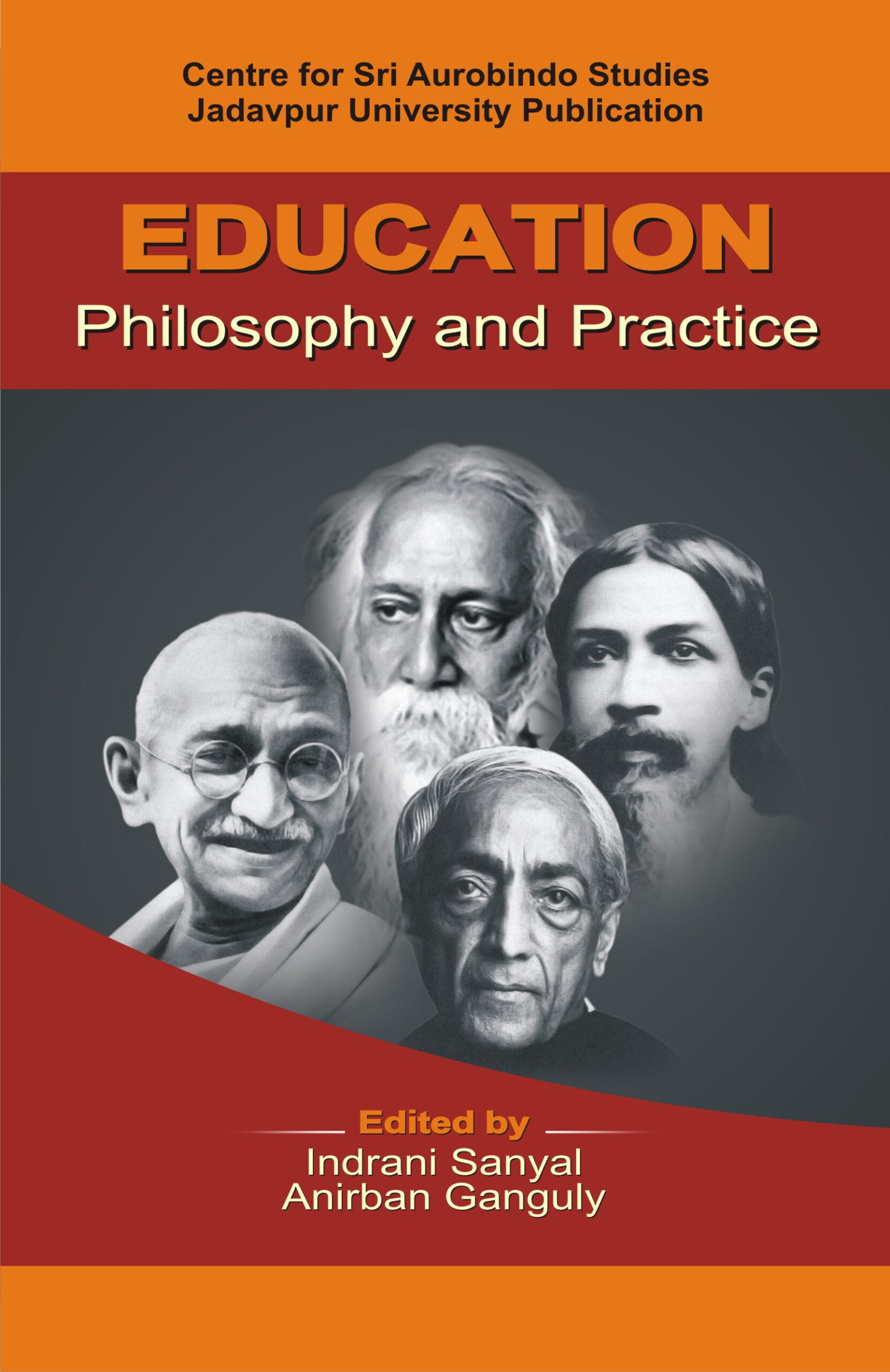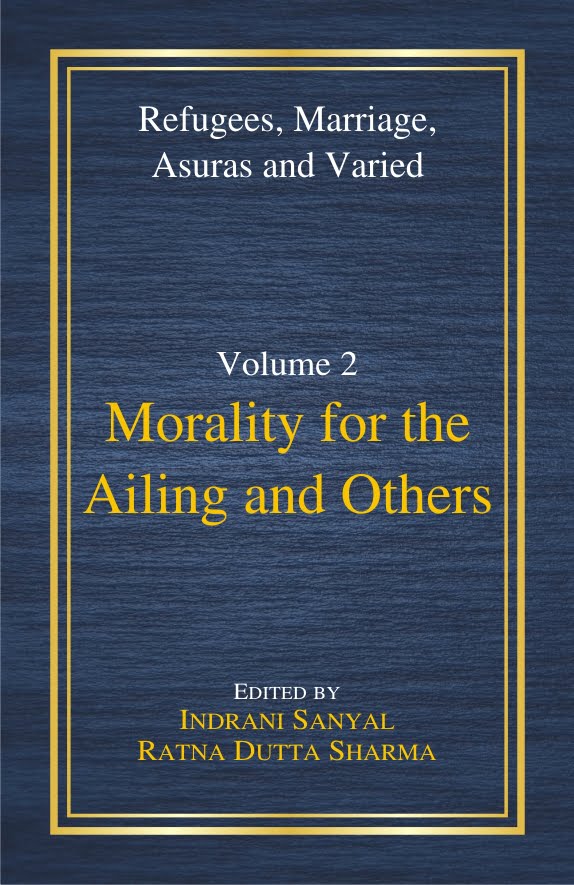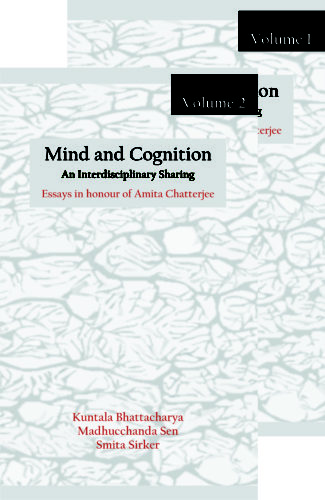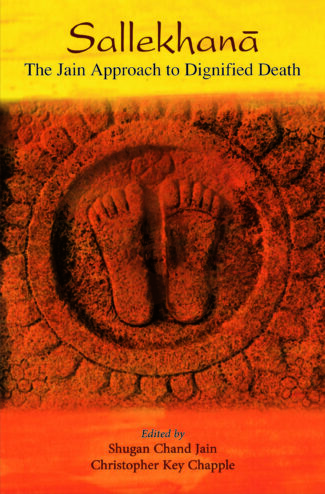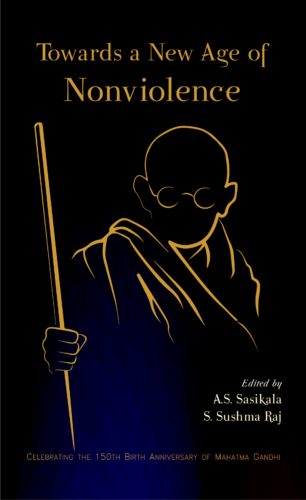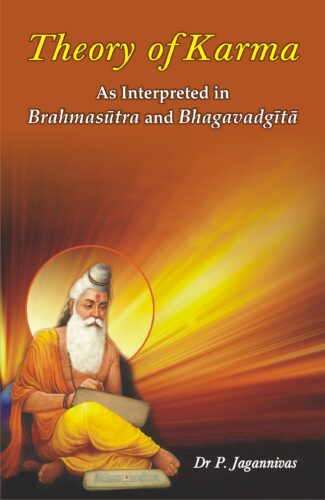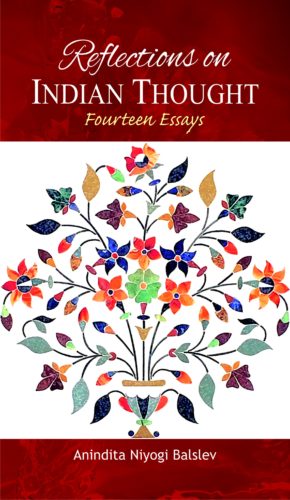

Jadavpur Journal of ...
Jadavpur Journal of Philosophy (Vol. 23, no. 1)
by: Indrani SanyalJadavpur Journal of Philosophy is a refereed, bi-issue journal, in English (No. 1) and Bengali (No. 2) published annually by the Department of Philosophy, Jadavpur University, Kolkata, India. The journal volume in Bengali is titled Darsan Biksa. The journal is devoted to the publication of original scholarly papers in any branch of philosophy. Its objective is to encourage contributions from scholars, dealing with specific philosophical problems connected with their respective fields of specialization.
₹300.00 Original price was: ₹300.00.₹270.00Current price is: ₹270.00.
ISBN: 9788124607626
Year Of Publication: 2014
Edition: 1st
Pages : 171p.
Language : English
Binding : Paperback
Publisher: Jadavpur University
Size: 24
Weight: 350
Jadavpur Journal of Philosophy is a refereed, bi-issue journal, in English (No. 1) and Bengali (No. 2) published annually by the Department of Philosophy, Jadavpur University, Kolkata, India. The journal volume in Bengali is titled Darsan Biksa. The journal is devoted to the publication of original scholarly papers in any branch of philosophy. Its objective is to encourage contributions from scholars, dealing with specific philosophical problems connected with their respective fields of specialization.

- Sale!Mind and Cognition An Interdisciplinary Sharing by: Kuntala Bhattacharya, Smita Sirker, Madhucchanda Sen,
₹4,000.00Original price was: ₹4,000.00.₹3,600.00Current price is: ₹3,600.00.“Knowing one’s tradition is important; but only when tradition is not presented as fossilised but as continuous with our present-day living. In most places we do not make enough effort to show the link between the classical philosophical thoughts and the contemporary world view. We need to show that we can still meaningfully interact with the classical philosophical systems”, writes Amita Chatterjee in her seminal essay “In Search of Counterpoints”. This volume is dedicated in her honour. “Knowing one’s tradition is important; but only when tradition is not presented as fossilised but as continuous with our present-day living. In most places we do not make enough effort to show the link between the classical philosophical thoughts and the contemporary world view. We need to show that we can still meaningfully interact with the classical philosophical systems”, writes Amita Chatterjee in her seminal essay “In Search of Counterpoints”. This volume is dedicated in her honour. Chatterjee belongs to a genre of philosophers, who have as part of their cultural heritage, like Raghunath Siromani and Immanuel Kant. Chatterjee, in addition to breaking cultural boundaries, desired to break boundaries that have kept professional disciplines apart. She deeply believes that there are certain basic questions that are questions not for any specific discipline. These questions, she thinks, could not be answered by remaining within one single discipline. It is no surprise that she was the founder of the first Cognitive Science Centre in India. Responding to her multifaceted academic talent, forty academics from diverse disciplines and from all over the world have contributed papers to this volume. The major areas of Chatterjee’s interest that feature in this volume are: (i) Fusion Philosophy, (ii) Mind and Cognition, (iii) Mind and Perception, (iv) Mind and Language, (v) Logic and Vagueness, (vi) Logic, (vii) Indian Philosophy, and (viii) Philosophy, Society and Popular Culture. Chatterjee’s intellectual autobiography and her responses to each of the papers are parts of this volume.
ISBN 9788124609514 (vol. 1)
ISBN 9788124609521 (vol. 2)
- Sale!Sallekhana by: Shugan Chand Jain, Christopher Key Chapple,
₹1,200.00Original price was: ₹1,200.00.₹1,080.00Current price is: ₹1,080.00.Jainism regards life to be eternal. Recognizing that the soul can never die, but merely takes a new body, a careful tradition welcoming death through intentional fasting developed more than two thousand years ago. A legal challenge Rajasthan was put forward in 2013, suggesting that this practice is harmful and coercive and targets women in particular. For a short while Sallekhanā, which means the “thinning of existence,” was declared illegal. In response to this controversy, three conferences were convened by the International School for Jain Studies to explore the legal, religious, and medical aspects of this practice. Experts discussed the long history of the practice, attested to in epigraphs throughout India; the ways in which fasting to death has become an acceptable practice in the Western world; and contemporary instances of its observance in India. This volume presents an interdisciplinary approach to thinking about the end of life, from biomedical, historical, religious, and legal perspectives.
- Sale!Towards a New Age of Nonviolence by:
₹1,400.00Original price was: ₹1,400.00.₹1,260.00Current price is: ₹1,260.00.Towards a New Age of Nonviolence is a compilation of scholarly articles on Gandhi – his philosophy of nonviolence (ahimsa) and nonviolent action (satyagraha) – are the themes encompassing the volume. In a materialistic world of today, people hold guns and grudges, and for the slightest glitch, they pronounce wars that do not end. The fearful consequence of this would lead to human extinction very soon. In such a detrimental and precarious scenario, the only way out is to embrace the Gandhian way of living.
The book comprises 14 articles on Gandhi and his values, its relevance to industrial age, views on nonviolence, economics of gram swaraj, significance of peace and tolerance in an era of explosive technology and his spiritual and ethical doctrine in the context of current global conflicts. The book is sure, a must read for everyone who wants to see a better world. - Sale!Theory of Karma: As Interpreted in Brahmasutra and Bhagavadgita by: Jagannivas P
₹1,000.00Original price was: ₹1,000.00.₹900.00Current price is: ₹900.00.Creation is a process, where the potential insentient matter (prakr̥ti) gets manifested into the gross form, to embody during the sr̥ṣṭi, each of the sentient entities called the ātmas with the suitable body either of deva, manuṣya, jaṅgama or of sthāvara. This glorious activity is orchestrated by the one and only Omnipresent, Omnipotent and Omniscient Reality called Brahman. But one question remains still an enigma, as to why a particular sentient entity gets a specified body and through whose direction that decision arrives? The ancient Vedāntic knowledge reinforced by the Brahmasūtra and the Bhagavadgītā establishes that it is, purely and solidly, the result (karma-phala) of earlier actions (karmas) of each one of the sentient entities. This is a strong and formidable solution to the unanswered questions like why does, one child being blessed to be born in either rich or healthy and sāttvic family and another child being consigned to be born in a family living in poor conditions or unhealthy tāmasic environment.
This book would engage the readers to think on those lines by supplying enough material on karma-adhikāratva, jīva-kartr̥tva and Divine intervention. - Sale!Reflections on Indian Thought by:
₹850.00Original price was: ₹850.00.₹765.00Current price is: ₹765.00.This anthology, consisting of fourteen essays, deals with a variety of themes that are of central importance for an authentic appreciation of the philosophical core of the Indian culture. The readers will find here illuminating discussions on various issues that bear witness to the critical thinking and deep reflection on the part of the author that have enabled her to carefully expose the subtle internal divergences that nourish the Indian conceptual world.
Based on arduous and painstaking research, these essays focus on a range of topics. There are several essays on multiple aspects of the large themes of time and consciousness, penetrating analysis showing how in the ancient discourse ideas of klesha (affliction), abhyasa (practice) and karuna (compassion) as well as on women and values are dealt with. There are also deliberations on the themes of religious diversity and the need for an encounter of world religions along with the attempt to explore India’s self-image. All these have contemporary relevance, as these essays clearly bring out the distinctive character of a living culture.


